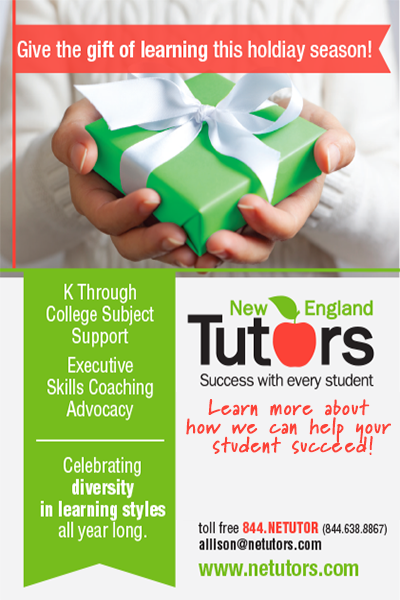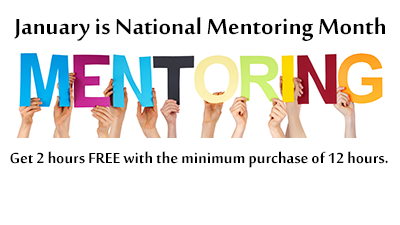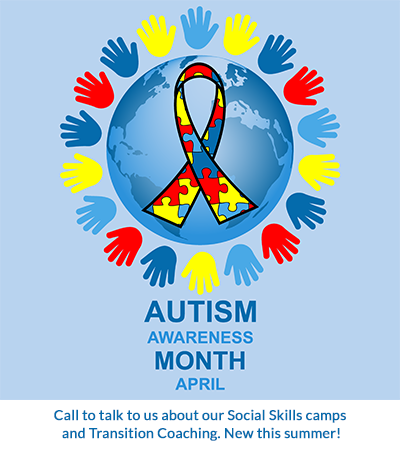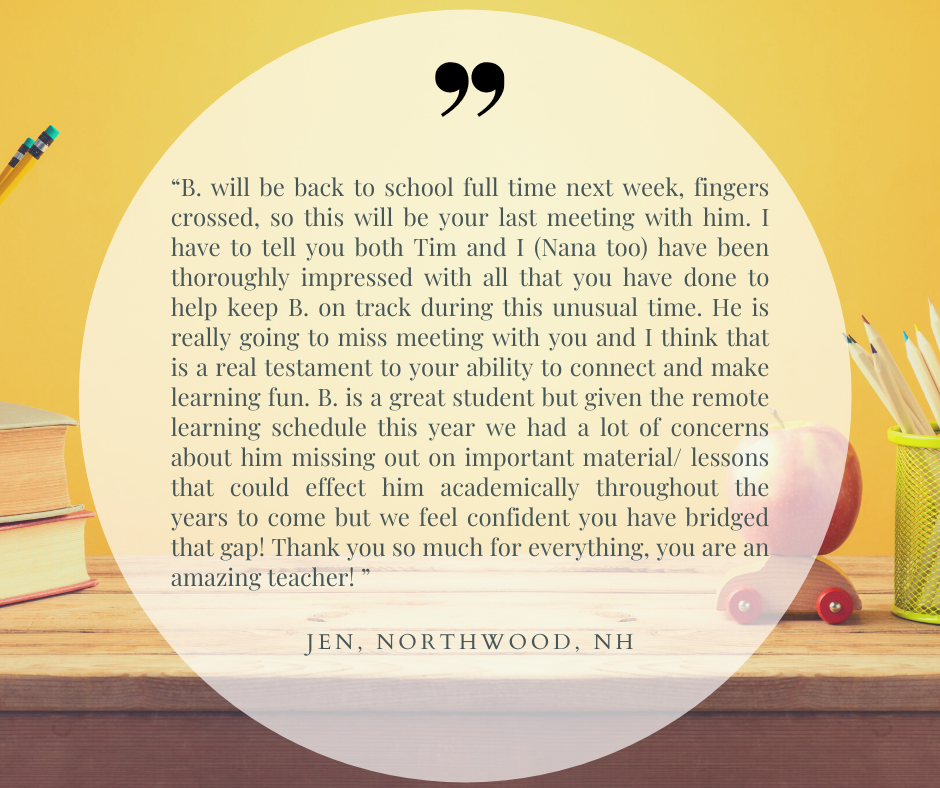Congratulations, you have survived the first month or so of school. While your student(s) may be feeling more comfortable with their routine and their new “normal,” it’s reasonable to assume that they’re still feeling a lot of emotions. As classwork begins to increase, they may be more inclined to procrastinate. However, the reason for this action (or inaction) is rarely what it appears to be from the surface. Your student(s) need your support but not to overcome laziness or improve time management, rather, to manage their emotions.
If I were to ask you what it means to procrastinate, you would likely say “put off something you don’t want to do.” In the article, “Why you Procrastinate (It has Nothing to Do With Self-Control)” by Charlotte Lieberman, the heart of procrastination is explored and the insight provides valuable perspective. This article offers some highlights and insight that you can use to help guide your student(s).
Procrastination is an Emotion Regulation Challenge
In her article, Lieberman highlights a critical logical point based also on insight from psychology experts. This insight offers great perspective regarding a student’s procrastination motivation. She states, “When we procrastinate, we’re not only aware that we’re avoiding the task in question, but also that doing so is probably a bad idea. And yet, we do it anyway. This self-awareness is a key part of why procrastinating makes us feel so rotten.” In some cases, your student may have already developed this sense of self-awareness while others may still be tuning into this inner voice.
Dr. Tim Pychyl, professor of psychology and member of the Procrastination Research Group at Carleton University in Ottawa describes procrastination as an emotion regulation problem, not a time management problem. Dr. Fuschia Sirois, professor of psychology at the University of Sheffield agrees. “Procrastination is essentially irrational. It doesn’t make sense to do something you know is going to have negative consequences.” He adds, “Procrastination is about being more focused on the immediate urgency of managing negative moods than getting the task done.”
Look at Procrastination through a Different Lens to Define a Different Solution
Procrastination is just the surface behavior. Your student’s emotions are hindering their success. Trying to fix the “act” of procrastination isn’t going to solve anything.
In her article, Lieberman explains that when faced with a task that makes us feel anxious or insecure, the amygdala – the “threat detector” part of the brain – perceives that task as a genuine threat to our self-esteem or well-being. She continues to say that even if we intellectually recognize that putting off the task will create more stress for ourselves in the future, our brains are still wired to be more concerned with removing the threat in the present.

All of this reminds me of a great quote… “What if I fall? Oh, but my darling, what if you fly?” – Erin Hanson
A New Perspective Brings Opportunity
You may need to change your approach and step out of your comfort zone to help your child realize that procrastination is just hindering their success. By facing their fears and taking action they can realize the greatest award, the feelings and emotions – pride, confidence, satisfaction – that ultimately come with completing something.
So, what can you do to start?
-
- Give your student the space to struggle and overcome their challenges.
- Be extra nurturing and extra patient.
- Be their biggest advocate.
- Be there for them.
- Stay engaged.
- Let them know that you believe in them.
Studies have shown that self-compassion supports motivation and personal growth. It decreases psychological distress and helps to boost motivation, feelings of self-worth, and cultivate positive emotions.
Here are some additional tips shared in the article:
-
- Teach your student to forgive themself. If they procrastinated for their last test or paper, help them recognize that it’s a different day and situation. They can move beyond last time and focus on the now as a separate circumstance.
- Encourage your student to treat themselves with self-compassion – kindness and understanding – when faced with a mistake or failure. Dr. Sirois’ studies found that procrastinators tend to have high stress and low self-compassion which makes it hard to stand strong against negative reactions to self-relevant events.
Help your student to achieve that first “win” against procrastination. This will give them a situation to remember when they are faced with the challenge next time, because there will be a next time. That’s why it’s so important to help our impressionable and already emotional students celebrate their successes. When they have completed a daunting task help them to see what they accomplished academically and most importantly, emotionally.
Consider the true rewards, such as, but not limited to:
-
- Gaining confidence by overcoming their challenges.
- Building their academic skills.
- Persevering by trying and abandoning the need to be perfect.
- Realizing that sometimes quality and effort are more important than perfection.
- Knowing what approach works for them so they can apply that the next time their emotions are overwhelming.
Here at New England Tutors, we focus on more than teaching specific subjects, we also help your student(s) overcome bumps in the road so that they can thrive. An exceptional tutor and executive skills coach can help your student understand how to regulate their emotions and motivate themselves. Then they can truly experience the emotional rewards of accomplishment.
For more information about New England Tutors Executive Skills Coaching and Academic Tutoring, call 844-NETUTOR Ext. 700 or email allison@netutors.com.











